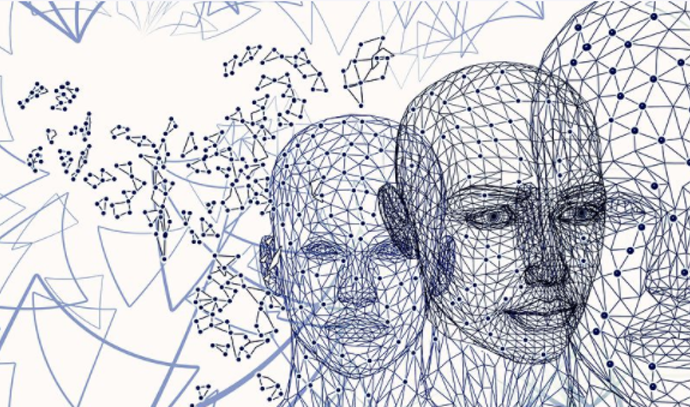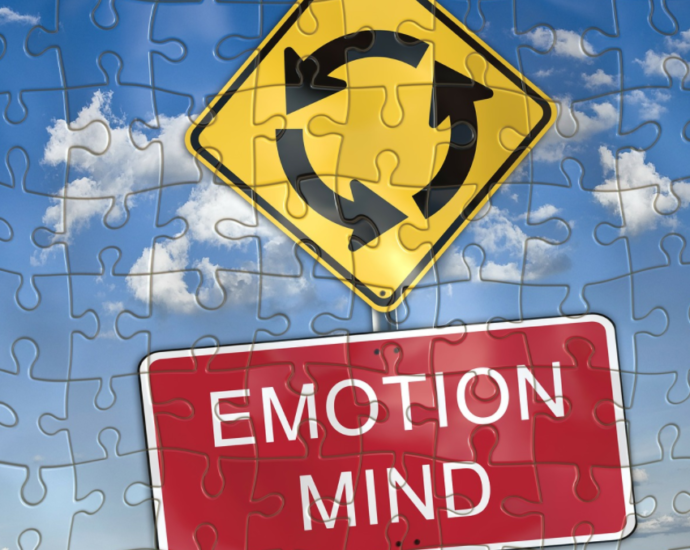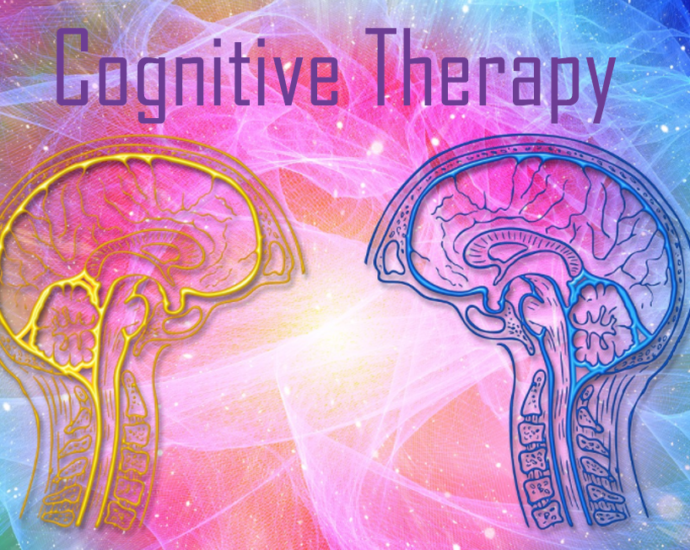The History of Therapy
The treatment of medical disorders during the 17th and 18th centuries at St. Mary’s Bethlehem Hospital in London was commonly referred to as “bedlam.” Visitors would pay to view patients who were strapped and shackled to their chairs and cots, as if they were viewing zoo animals. From Beatings toContinue Reading










